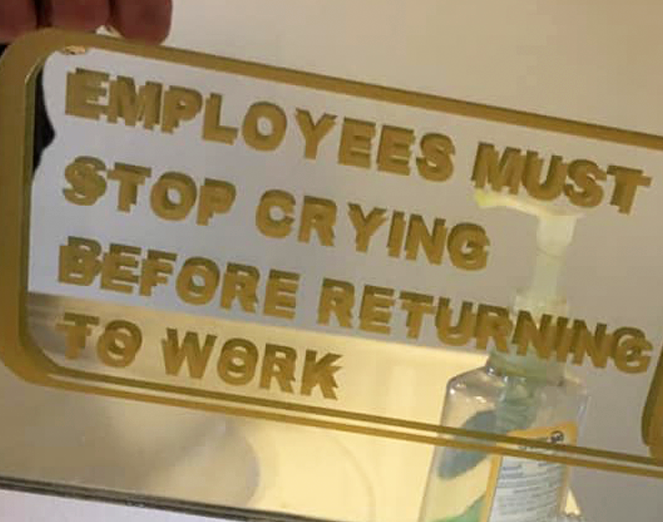

Convenience is an umbrella term. There are a thousand different reasons people choose convenience and not all of them are synonymous with laziness. Single parents, working multiple jobs, with disabilities that limit mobility, lack of a car, not enough time to make a trip on public transit, lack of public transit options in their area, and countless more.
The ability to just choose to take a bunch of extra time, or take a car to go pick up an item, is a luxury and a privilege. And all that just to spite bezos and make you happy? Not reasonable.











What do you do with noxious weeds like giant hogweed (Heracleum mantegazzianum)?